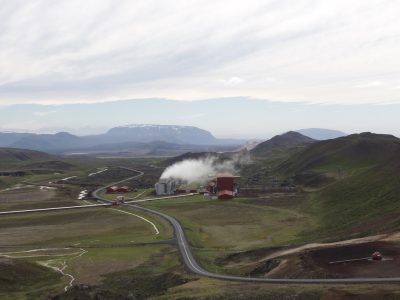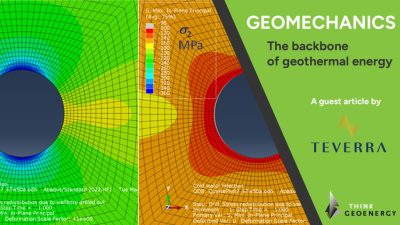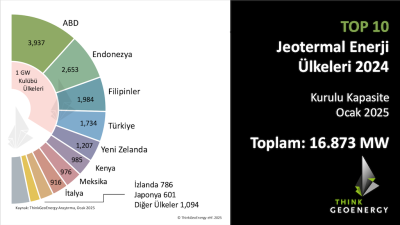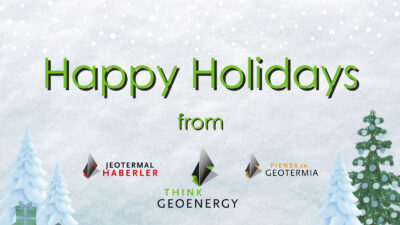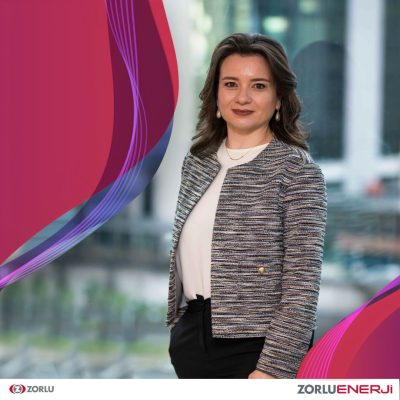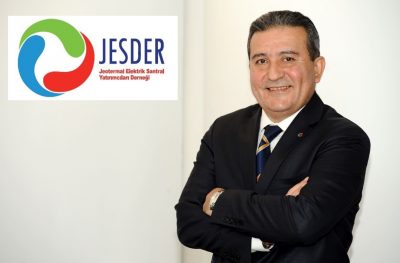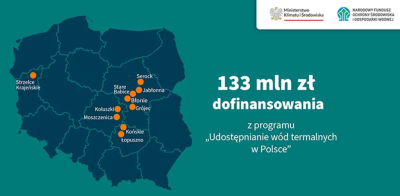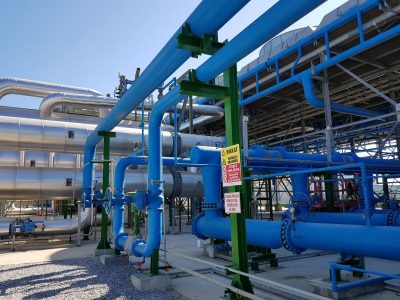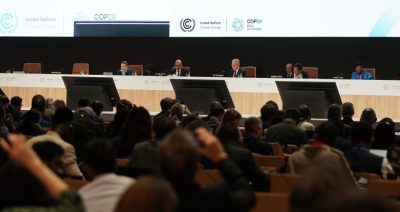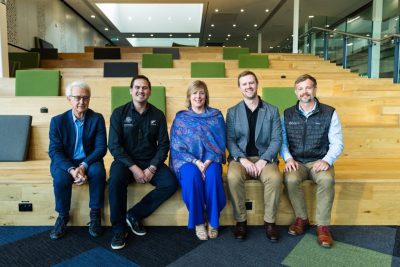Interview with Cully Cavness, a Thomas J. Watson Fellow
Having had the pleasure meeting Cully Cavness, I learned more about his quest on exploring the geothermal energy industry on a global scale as part of a Thomas J. Watson Fellowship in an interview.
Last year I received an e-mail from a young gentlemen, who reached out to me mentioning some kind of geothermal quest as part of a Fellowship program. Curiuos to get to know more about him, we met in Reykjavik.
He told me about the program he was travelling the world with. Quite interesting I thought particularly if it allows someone to explore geothermal activities around the world. Charles “Cully” Cavness has now visited a large number of countries on his year and I am sure the geothermal industry hasn’t heard the last of this bright young man.
Each Year the Thomas J. Watson Foundation awards a handful of prestigious grants to a group of passionate and independent college graduates from around the globe. The fellowship usually targets social and cultural themes, but one new member of the geothermal industry used his award to travel the world in search of steam, and this was Cully. To learn a bit more I took the chance to ask him a few questions.
Can you explain the Thomas Watson Fellowship, and what you’ve been doing this last year?
The Watson Fellowship is an award that is given to between 40 and 50 college graduates each year. The awarding institution, the Thomas Watson Foundation, was initiated by the founder of IBM, Tom Watson, to support students with a unique question, passion, or interest. The prizes fund each fellow for a full year of international travel and research on topics of personal interest. Each project is unique, and 100% independently organized and executed by the fellow. The main rule is that each fellow must remain outside his or her home country (USA for me) for the entire year.
I used my funding to dive into the geothermal energy industry. I majored in geology, and wrote my thesis on a geothermal basin in southern Colorado because I’ve been interested in geothermal energy for about five years, but found it hard to find an entry point into the industry. During college I was mostly just learning, reading, and researching on my own and through summer programs. There are no analyst programs like at an investment bank or consultancy, so you really need to carve your own path. The Watson Fellowship was perfect for that.
Where have you gone during your Fellowship?
In the past year I’ve spent three months in Iceland, four months in China, two months in Spain, and one month in Argentina. I plan to spend the remainder of my time exploring the geothermal boom unfolding in the Andes by working on projects in Santiago, Chile and Buenos Aires, Argentina.
What kinds of projects did you work on throughout the year?
Each location and project was very unique. I worked with project developers, geologists and geophysicists, financiers, engineers, maintenance workers, turbine-generator specialists, emissions control experts, operations, logistics, transmission systems, basically every facet of the industry I could get my hands on.
In some projects I had great responsibilities. For example I coordinated the transportation, insurance, and customs of a turbine gearbox going from Iceland to Germany. In another project I helped organize the manufacturing of some heat exchangers in China. In Spain I managed geologic and economic analysis projects. I was also occasionally in “shadow the CEO,” or “watch and ask questions” mode, which was still very valuable.
Beyond researching the geothermal industry, the last year was also a tremendous period of personal growth and introspection for me – I guess you could say I did a lot of work on myself. Traveling solo for a year is a challenging but rewarding experience.
How did you arrange all those projects?
Lots of phone calls and emails, and sometimes you just need to walk through the door and introduce yourself. Thick skin was important too (laughing), because you don’t always get the response that you are looking for.
What was the most valuable or interesting part of the year?
One of the best parts was the amazing diversity of people I worked with – I’ve done projects with geothermal professionals from all over the world now, and I feel like I have a global network of friends in the industry. The geothermal business is very international, and often each project was multicultural. Learning to work with Japanese, Chinese, Germans, Argentines, Icelanders, etc was a very fun and very valuable experience. I’ve met some really colorful characters out here!
What was the hardest part?
Being away from all my friends, family, and creature comforts for a year was tough. I needed to learn Chinese and Spanish to really thrive in those countries, and I also had to build social circles over and over every time I moved – that’s exhausting. Finding a new apartment every few months is also not easy, but you got better at it. By the time I got to Argentina I was able to set up my new life – apartment, groceries, a social group, activities, gym, Spanish classes, etc – in just a few days. I learned to reach out to my existing contacts for help, and to always follow up on leads.
What’s next?
My goal for the fellowship was to build a solid foundation for geothermal project development. I’ll be starting a new job with Global Geothermal in August doing exactly that – managing and developing projects in Asia, North America, and Europe. Some of my biggest mentors from the fellowship are at Global Geothermal, and I already know their business well through my fellowship work. I’m thrilled to join the firm because they are entering an exciting phase with loads of activity. I think they’ll keep me busy!
And long term? What are your career goals?
I’d like to move deeper into the geothermal industry and eventually lead it to new levels. I believe in geothermal as a huge business, environmental, and social opportunity, and I think that the industry will need good leadership from the next generation in order to achieve full potential. This year has given me many ideas and perspectives that I hope will help move the industry forward. On the other hand, you never know where life takes you, and I’m always open to change.
What are some of those ideas for the industry that you mentioned?
The geothermal industry is so multi-faceted and interdisciplinary that it’s hard for any one company to master all the elements. Most geothermal developers are relatively small outfits, which can make financing and organizing all the various pieces of a project difficult.
I have some ideas for partnerships with other industries, technologies, and non-geothermal companies that could yield mutually beneficial synergies and efficiencies. I already published one article about geothermal-waste heat cooperation in Asia, and I’m about to submit a second article to the International Geothermal Association about EGS and overlaps in the oil and gas industry.
Also, in college I worked at an oil company and an investment bank, so I have some ideas about how geothermal is viewed from outside and from other industries – I think an image overhaul is probably not a bad idea for the geothermal industry. We generally do very poorly in that department, and perception matters, especially for a subsidized industry. (I do like ThinkGeoEnergy’s branding very much though!) [Thanks Cully ;-)]
Anything else you’d like to add?
I just want to thank all of the amazing folks who hosted, helped, educated, and mentored me throughout this process. This year couldn’t have existed without all your help and openness. I’m proud to be entering an industry with such a friendly culture and so many good people.
I also must thank the Watson Foundation and Tom Watson for funding this life changing adventure. Finally, please look me up on LinkedIn – I really believe I the power of collaboration, and encourage people to contact me with any ideas, comments, questions, etc. I’m happy to help this industry grow in any way that I can.







